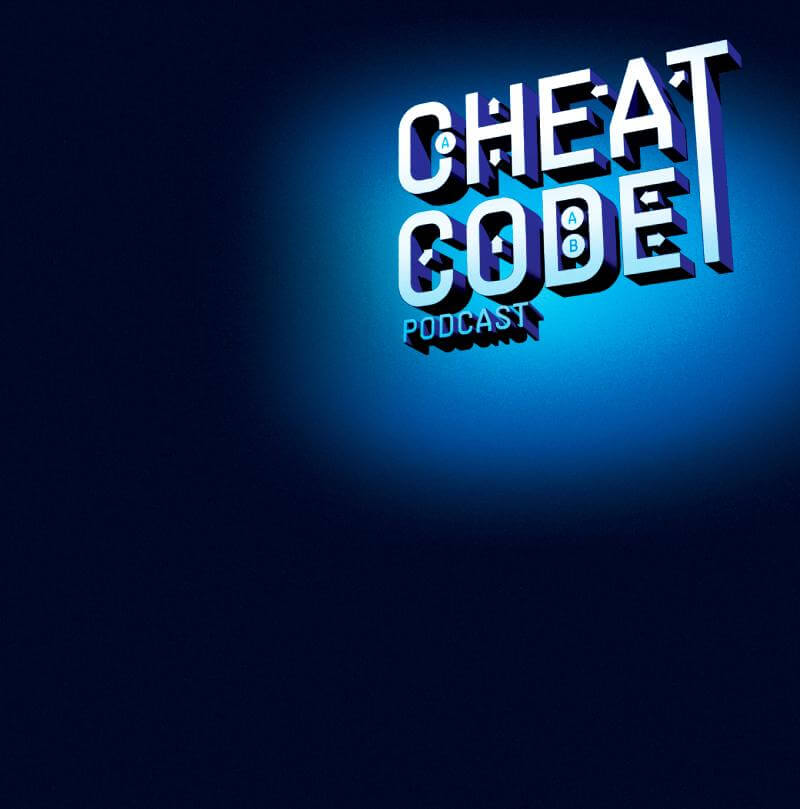
Most founders know what a bad board meeting feels like. Too much time on updates, not enough on decisions, and everyone walks out unclear on what actually got accomplished. The fix is simple: give the meeting a structure that keeps the focus on decisions and forward progress.
Here’s the structure I recommend for early-stage SaaS founders who want their board meetings to feel like high-value working sessions, not quarterly performance reviews:
Pre-read package (sent 72 hours before)
- Short deck (10–15 slides): Key metrics, wins/losses, progress against goals, major issues.
- Narrative doc (2–3 pages): Context, challenges, decision points, and specific asks.
- Data appendix for anyone who wants to dig in deeper.
Agenda (90–120 minutes total)
- Opening & framing (5 min) Restate the goal of the meeting and the key decisions you need to make together.
- Quick metric review (10–15 min) Confirm everyone’s on the same page. No deep dives here.
- Decision topics (60–90 min) 2–3 big rocks max. Each one:
- Context (what’s the problem?)
- Options (what could we do?)
- Your recommendation (what you want to do)
- Discussion & decision
- Other business (10–15 min) Hiring updates, market changes, investor asks, etc.
- Wrap-up (5 min) Recap decisions, next steps, and owners.
Follow-up (same day)
- Send a short recap email: decisions made, next steps, who owns them, and deadlines.
- Keep it clear and concise so there is no “I thought we agreed…” next time.
The big mindset shift
The best board meetings are not about reporting the past, they are about shaping the future. You are not there to survive the meeting. You are there to run it.
Send a clear pre-read. Use live time for debate and decisions. Leave with everyone knowing exactly what is happening next. Do that, and you will not only get more value from your board, you may actually start to look forward to the meeting.
The bottom line
Board meetings should be one of the most valuable tools you have as a founder. When you run them with intention and structure, you turn them from a quarterly distraction into a real advantage. The more discipline you put into how you prepare and lead, the more support you will get back from your board.


